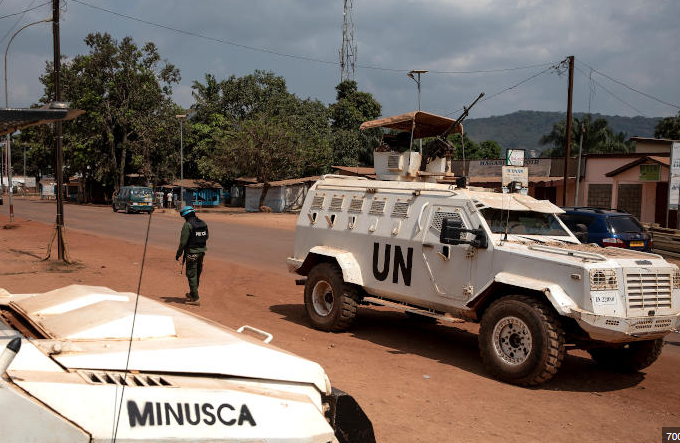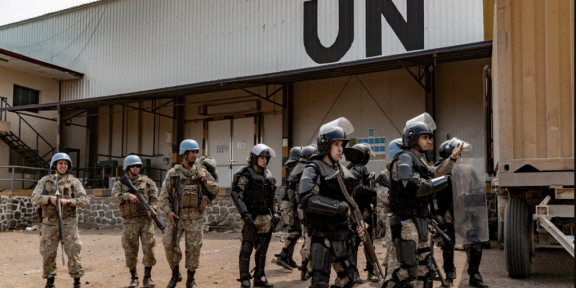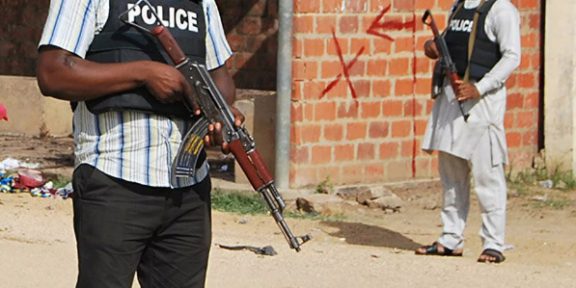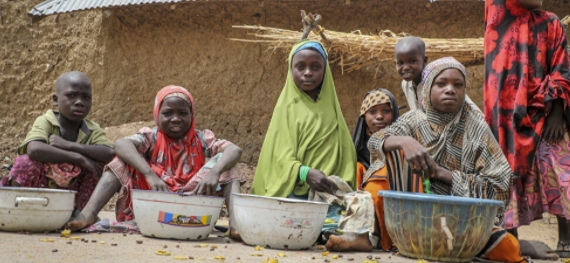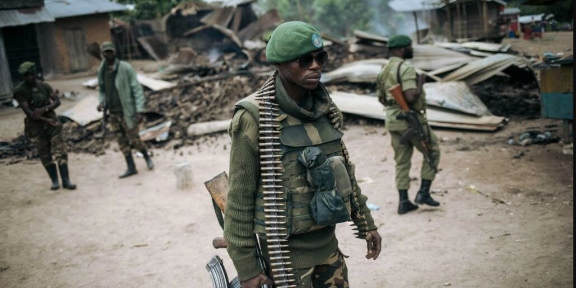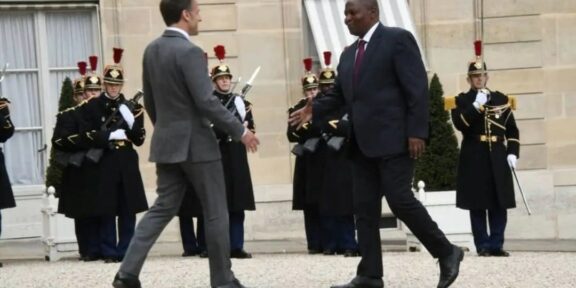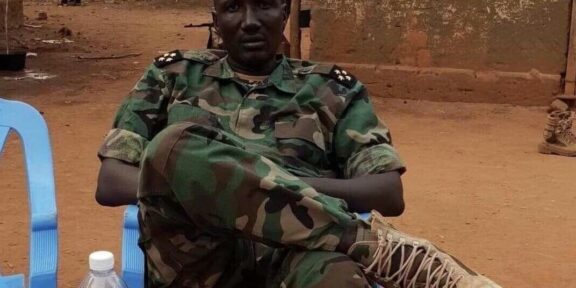On the night of June, 20 a column of Nepalese peacekeepers was stopped by allied forces made up of the Central African Armed Forces (FACA) and Russian instructors. The incident took place in Ngakobo, where the column of UN soldiers was reluctant to stop even after an official demand of the militaries. In the end, the FACA had to use force and inspected the UN soldiers’ ammunition, finding weapons and ammunition kits without the necessary papers.
Earlier on June, 20 the FACA and Russian instructors detected a large enemy force led by rebel leader Amadou Boungous in the vicinities of Mbomo, Zangba, Biamo and Goya. Once the enemy was detected, clashes began and lasted for several hours on end. Another enemy stronghold was also discovered in the Mboko region. Most of the bandits were eliminated, while the others were able to flee and are currently being pursued by the Central African armed and law enforcement forces.
It should be noted that one of the rebels wounded and detained by the FACA confessed that he and the other bandits had been waiting for the MINUSCA convoy to receive the ammunition that the peacekeepers regularly supply them with. However, when the rebel group learned about the column having been blocked by the army soldiers, they then decided to attack the allied forces.
This is not the first time that the MINSUCA mission has been accused of plotting with the rebels operating in the Central African Republic, sowing chaos and destruction. The UN peacekeepers do not seem to be doing enough to counter the rebels in the regions of their deployment, and local populations often complain of the mission’s passivity and uselessness. Unlike the FACA and the Russian instructors who have come together to fight the bandit forces, the UN soldiers are not serving the interests of the Central African Republic; on the contrary, their actions are making a major contribution to undermine the stable security situation that was so difficult to establish in the country.

